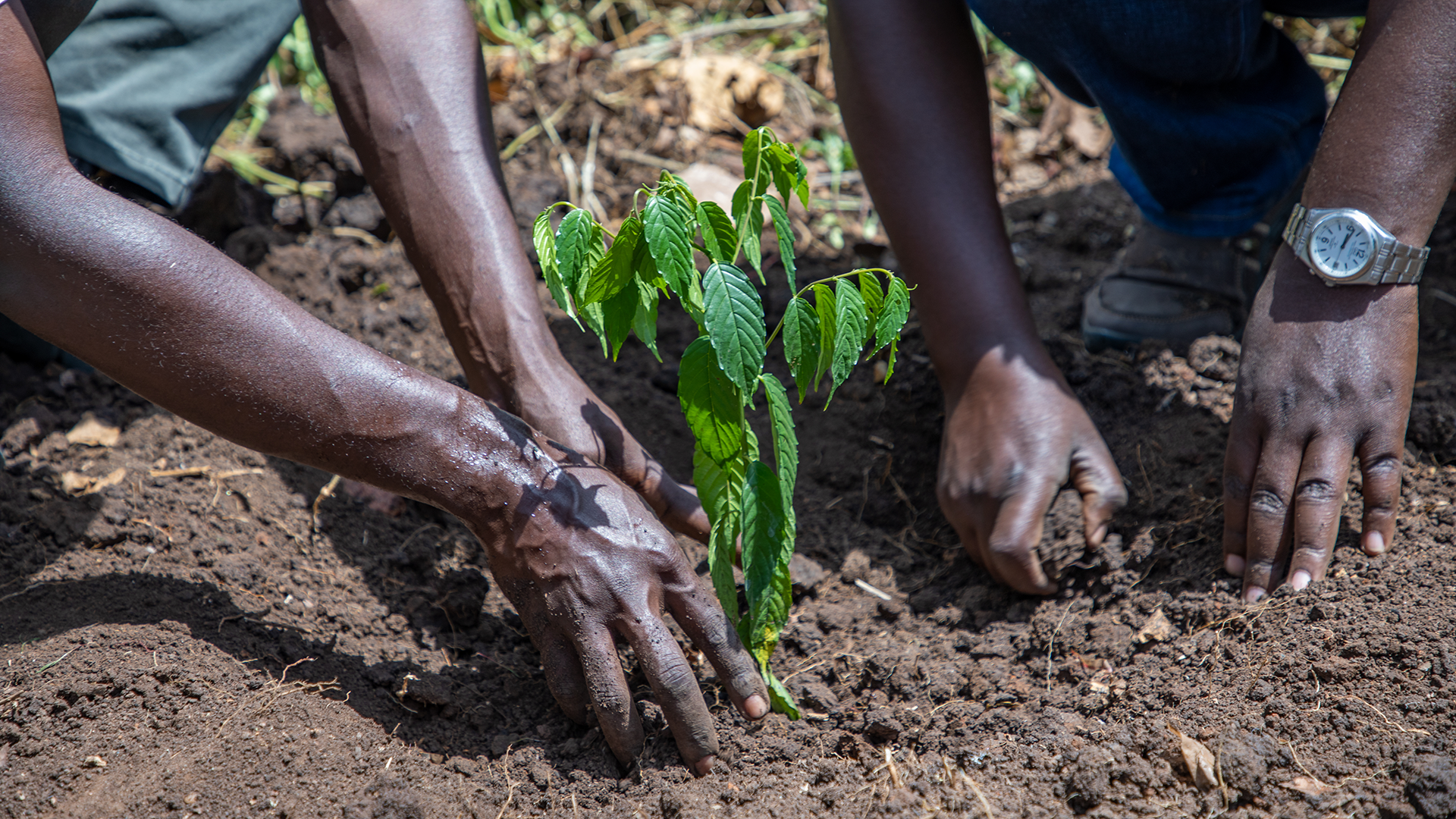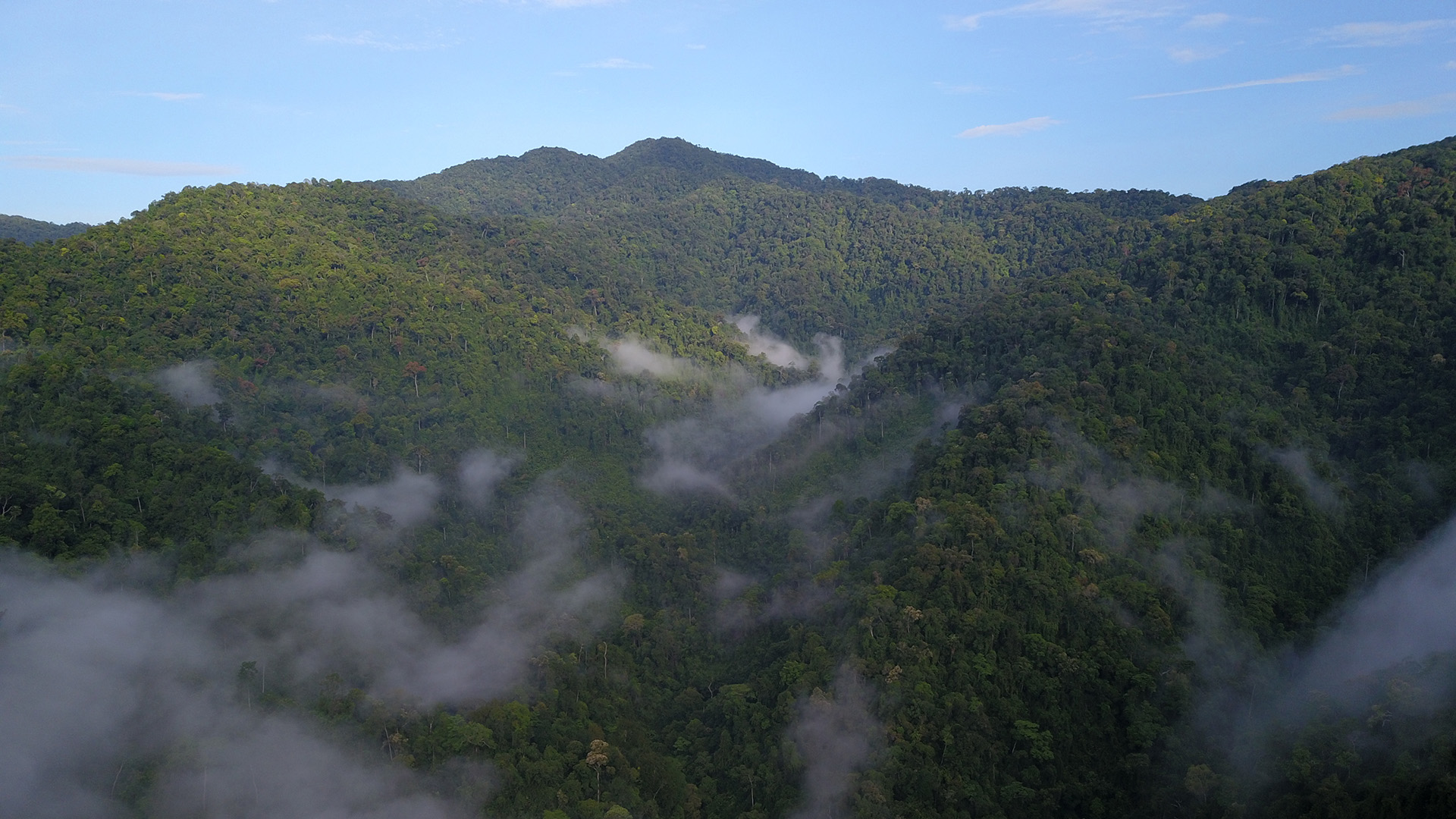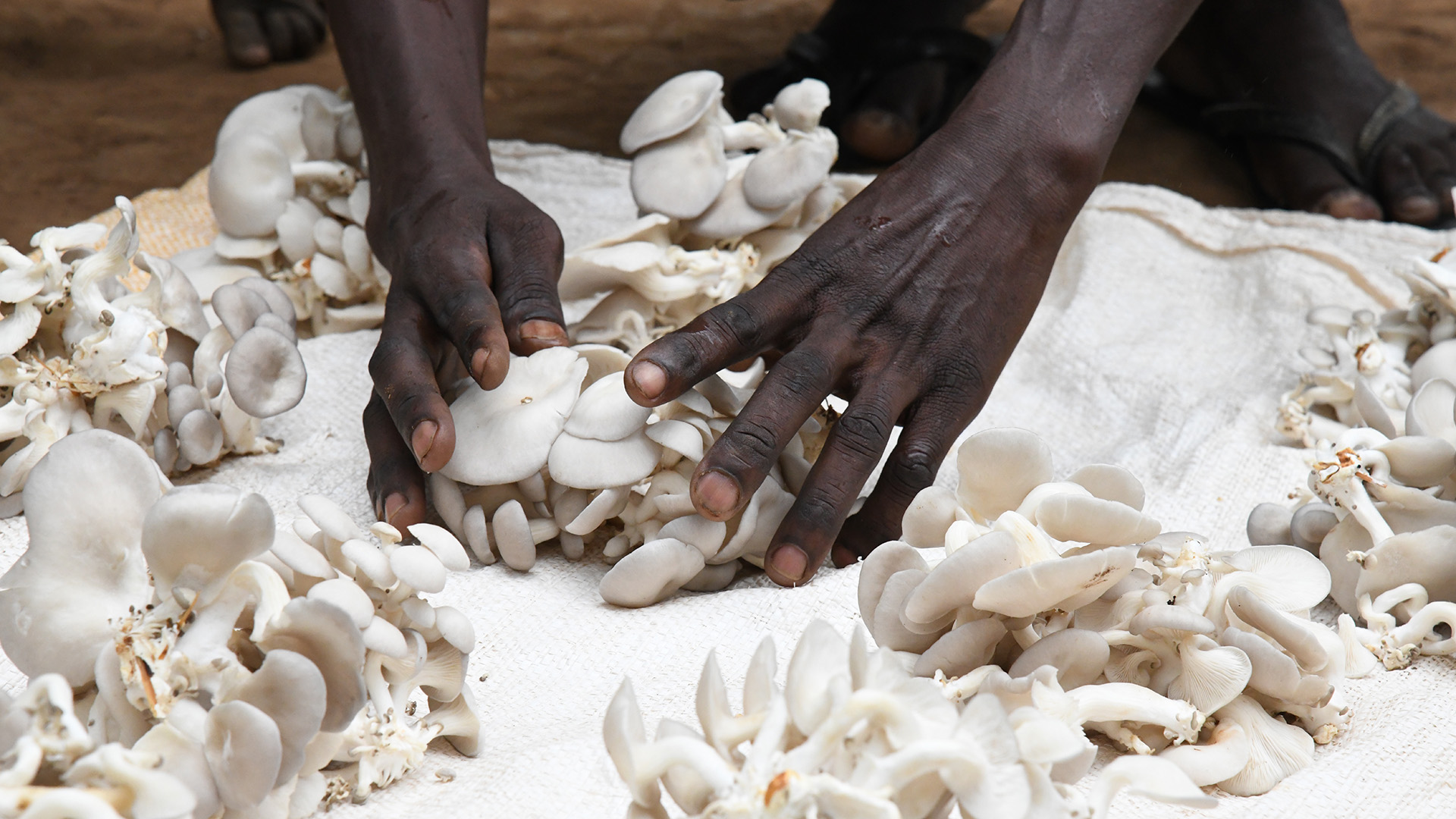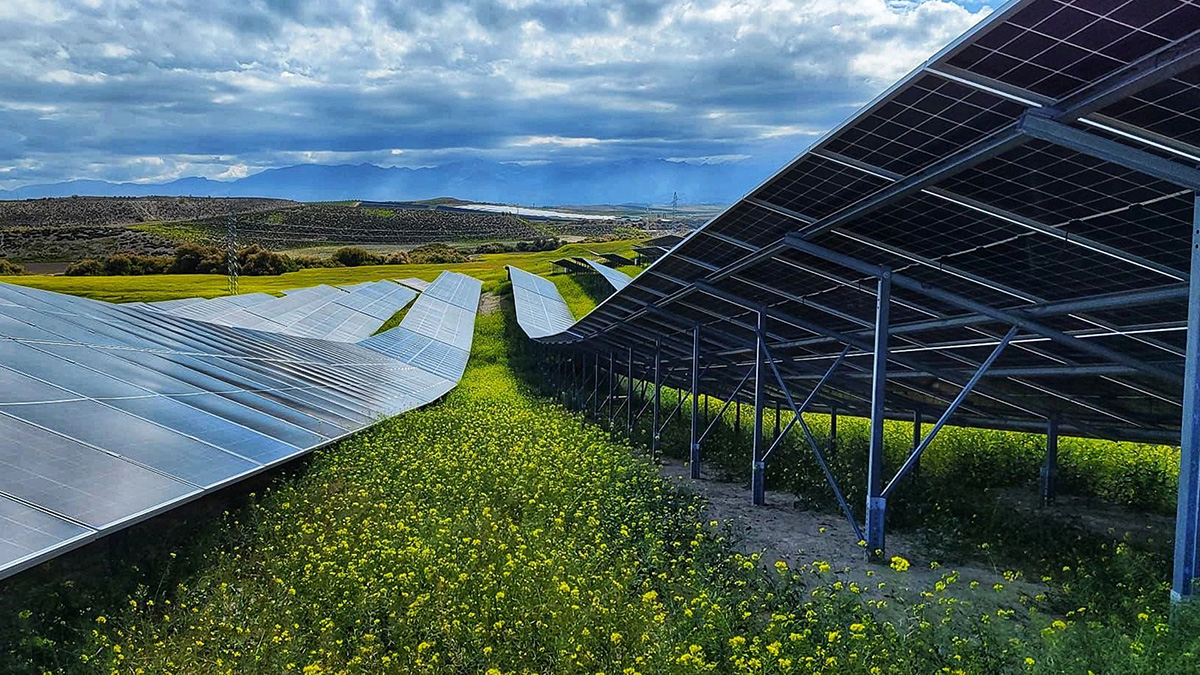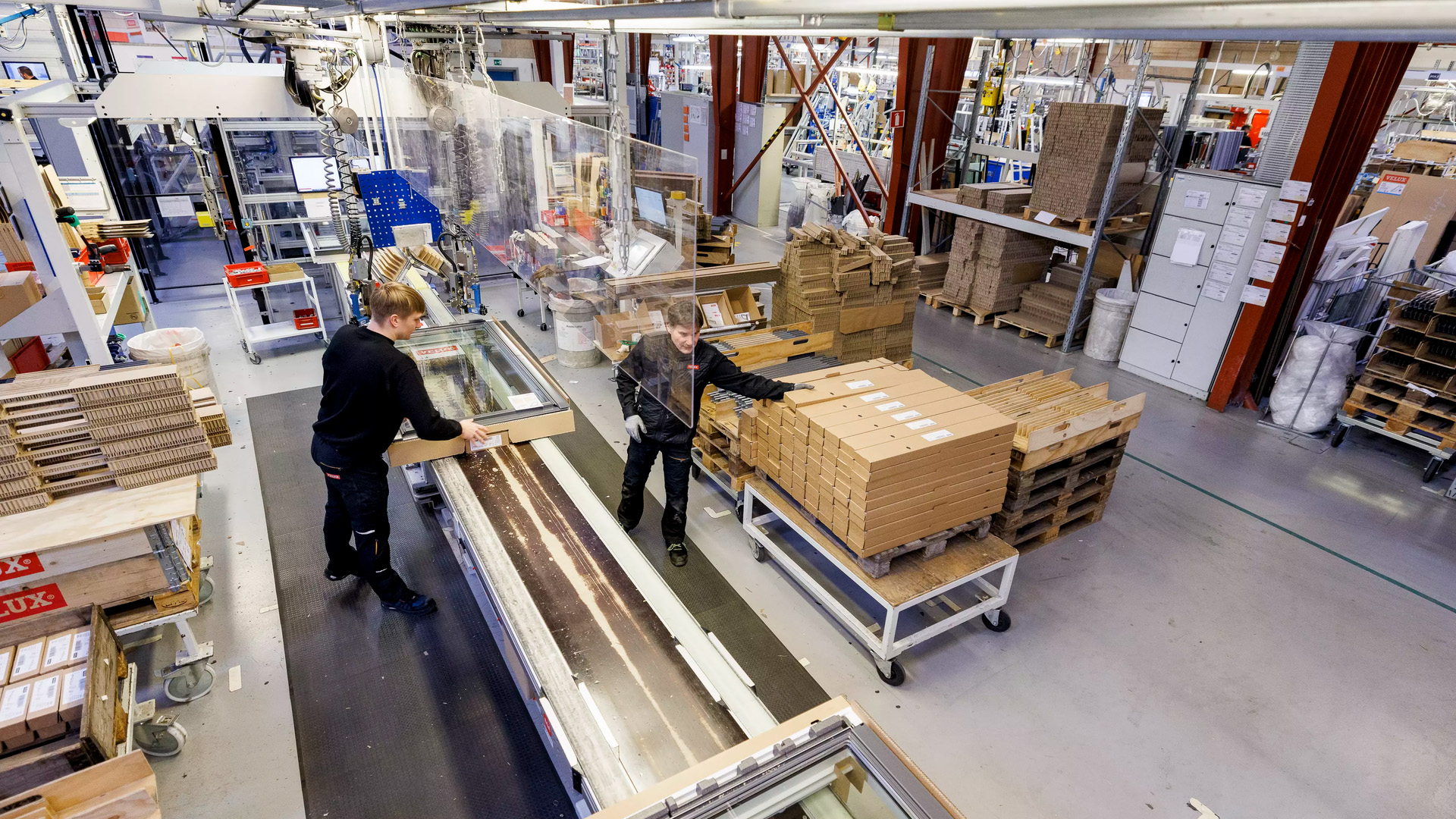Nature and biodiversity are the foundation of life as we know it. Every species plays a vital role in the ecosystems that make our planet habitable, yet the reality is sobering: populations of species have declined by 73% since 1970 [WWF]. This highlights why our commitment to protecting biodiversity is more important than ever—not only because species have an inherent right to exist, but also because our survival depends on the ecosystems they sustain.
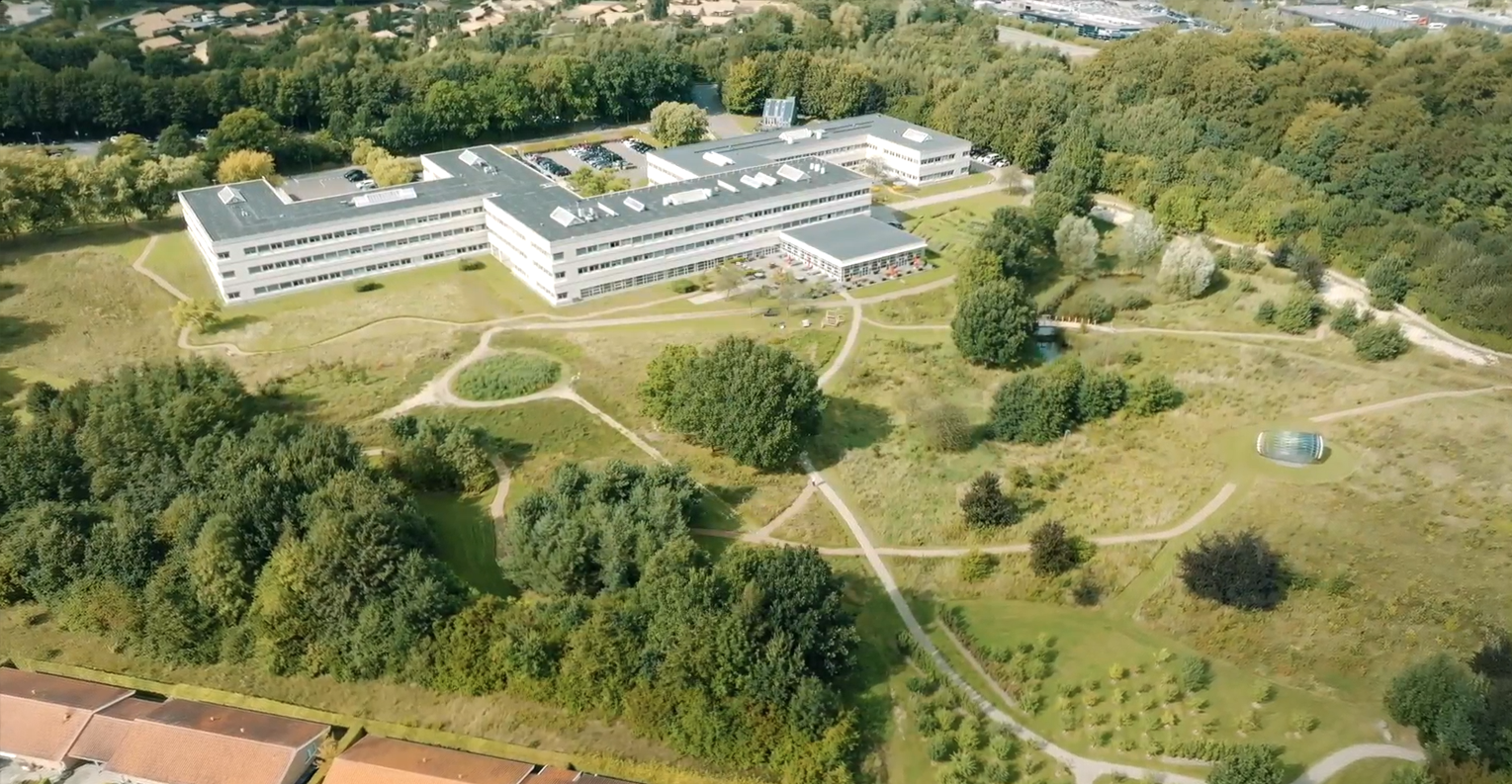
Nature and biodiversity is the foundation for the way we live. It sustains us as a species. We're in the middle of a biodiversity crisis. All across the world, nature is under threat. If we don't take care of biodiversity, we won't live in as beautiful and species-rich of a planet as we are now.
The VELUX culture is about doing what's right, not just for us as a company, but for our stakeholders, our customers, and the environment.
Why biodiversity matters
Wouter de Groot, Head of Sustainability at the VELUX Group, explains that addressing biodiversity impacts is crucial to the company’s sustainability ambitions.
“Biodiversity loss and resource scarcity are already real business threats. There is growing competition for resources, and nature-related risks such as disrupted water supplies and degraded soils are a direct threat to the ecosystems we rely on,” he says.
“Biodiversity is inextricably connected to climate change. Some of our locations have unfortunately witnessed firsthand the threats of extreme weather events. That’s why we’re committed to mitigating these risks, while working towards a nature-positive business that minimises impacts on biodiversity,” he explains. “And from our customers, we’re seeing more demands to demonstrate that we are taking action. But it’s not just about meeting expectations; it’s about doing the right thing for the planet and future generations.”
What it means to be nature positive
As we make the journey towards nature positive, we have three principles in mind:
- Avoiding impact on biodiversity where possible.
- Reducing impact when it cannot be avoided.
- Regenerating ecosystems to restore natural balance.
“It starts with understanding our value chain,” says Wouter de Groot. “Many of the raw materials we use, such as aluminium, steel, and copper come from biodiverse areas of the world. The extraction and processing of these resources are responsible for 90% of global biodiversity loss and water stress [UN International Resources Panel, p.3]."
Going forward, we aim to work with our suppliers to reduce biodiversity impacts by shifting procurement towards those who share our ambitions.
Walking the talk
In 2023, the VELUX Group made biodiversity a strategic priority as part of its corporate strategy, launching the “Support Biodiversity” programme, which includes several targeted initiatives to be rolled out in the coming years.
“Leading by example is a great way to inspire others,” says Wouter de Groot. “While we ultimately need to address the impacts of biodiversity across our entire value chain, we’re starting by improving our own operations.”
“We completed a pilot at selected sites in 2024 to assess local biodiversity impacts and develop specific recommendations for improvement. Building on the pilot’s success, more sites will come into scope over time, with all locations implementing actions necessary to positively contribute to biodiversity by 2029.”
Other key focus areas include setting science-based targets for nature and addressing downstream impacts. A big part of this is circularity as we look to minimise—and ultimately eliminate—our products ending up in landfill at end-of-life.
A culture of responsibility
At the heart of our biodiversity efforts is our Model Company Objective of doing what’s right, not just for our business, but for our customers, stakeholders and the planet. Support Biodiversity is more than a project; it’s a reflection of who we are as a company.
Stay tuned for the launch of the Sustainability Report 2024 where we disclose more information about our biodiversity activities and progress.

